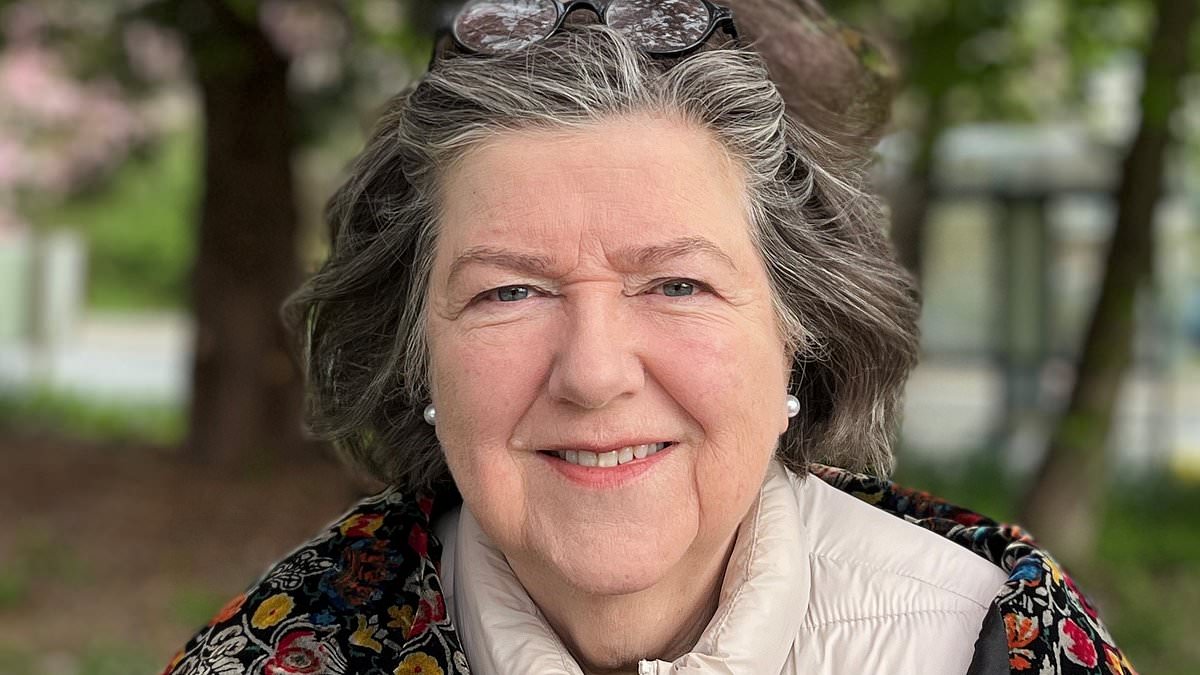The approval of the Assisted Dying Bill is a dangerous betrayal – and a tragedy in slow motion.
I am shocked, but most of all I am frightened for the people I support – frail older people and families already under unbearable pressure.
If some think it is a victory for compassion, I disagree.
My career has been working with frail older people, including thousands living with dementia. I understand why people fear a long and difficult decline.
I have witnessed grim deaths. And I understand the pressures families feel – financial, emotional, and social – when someone needs care.
That’s why I believe the Assisted Dying legislation is dangerous, and the people it claims to protect are the ones at greatest risk.
Supporters of the Bill say it’s about choice. But we don’t live in a world where everyone is equally powerful.
In my world, people with disabilities and older people are often made to feel like a burden. And law like this can tip the balance toward them ‘choosing’ death.
No matter how carefully drafted, it opens the door to pressure – even if that pressure is not made clear. I see families struggle to fund care. I’ve heard older people say, ‘I don’t want to be a burden.’ And when there’s a cheaper, quicker option on the table, that’s dangerous and a profound shift in how we value human life.
It becomes another route in the care pathway. And once that happens, some people will feel they ought to take it.
The Bill says it excludes people with dementia. But I’ve studied what happens in other countries. In the Netherlands, where assisted dying is legal, a woman with dementia was euthanised despite her last-minute resistance. Sedatives were put in her coffee. That isn’t a civilised end – it’s a warning.
Is Scotland different? We’ve been assured that they’d never allow this to happen here. But how confident can we be? We don’t have a fully functioning care system.
Unpaid carers are exhausted and unsupported. Our hospices are underfunded. To introduce assisted dying now – in this context – is not expanding choice. It’s a shortcut.
Of course we don’t want anyone to suffer. We don’t want to see loved ones in pain. But we already have the tools to relieve pain and distress. Good palliative care can make an enormous difference – but it isn’t always available.
That’s where we should focus our efforts, not on legalising suicide. And remember that we already have the legal right to refuse life sustaining care while still receiving pain relief, and comfort. And we already can delegate that instruction to some-one else, in case we lose capacity. That’s already more freedom than the Bill offers.
And what of the so-called public support? It’s claimed people are in favour, but recent research shows only 8 per cent of Scots think this should be a priority for Parliament. Many more are concerned about misuse or that the line between voluntary and coerced death will get blurred.
Even those who have been running the NHS and social care for nearly two decades are expressing doubts – John Swinney and Nicola Sturgeon have spoken against it. And rightly so. Once a law is passed, it’s impossible to stop its expansion. Today it’s the terminally ill. Tomorrow it’s people who can’t ‘contribute’. We’ve seen that pattern before.
I don’t speak from theory but experience. I’ve sat with families. I’ve helped people plan their care. I’ve seen what support can do – and what the absence of support costs.
If Holyrood really wants to show compassion, it should invest in support for unpaid carers, increase palliative care services, and give every Scot the chance to live well until the very end.
This Bill offers a false choice. It suggests dignity comes only through control over death. I believe dignity comes from how we care for one another. That’s the Scotland I want to live in.
*Professor June Andrews OBE is an expert in caring for older frail people and people with dementia, who has worked in academia, the NHS, and government, and the author of Dementia: the One Stop Guide
